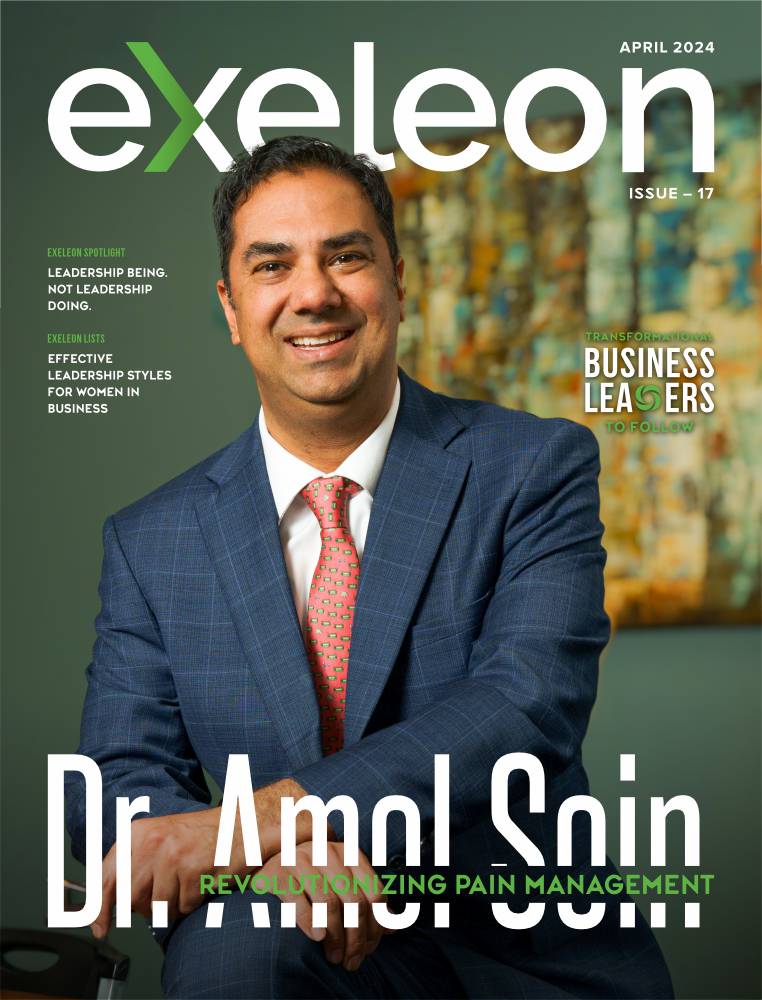
I am only working 8 hours a day. From 7am until 6pm. This is fine. 18 minus 7 is… 11. That’s eleven hour days now, that’s a mathematical fact. Stop trying to sabotage my career.
It starts off feeling like a great idea. Even once I got to the point where I recognized that I’m really tired and not that productive, those hours still felt like a great idea — just until everything is all sorted out. So close, can’t give up, don’t be weak, it’s not that bad, you’re not going to throw up yet. Imagine what would happen if you stopped. Sound familiar?
Developer burnout is a very real problem and it requires constant vigilance. It’s something I talk about often in one-to-ones and with teams. We talk about our personal triggers, warning signs, what pushes you into that danger zone, and how can we, your team, help you stay healthy?
You’d think that this would be a cut and dry case; I realize I’m headed the wrong way, and I just back up, calm down, and be reasonable. I know full well this isn’t productive. Nope, not even close, not even for me, the anti-burnout crusader. That why it’s the plague.
Medically, one of the first things we lose when faced with lack of sleep is self-awareness. The very mental capacity needed to recognize burnout, is the exact same capacity that is being eroded by lack of sleep.
This is deeply ironic. Burnout is a crafty and nefarious opponent. It seems we’re doomed to either catch this before that self-awareness window closes, or ride it out until the bitter end.
There is a second option. It’s hard to use, because in many company cultures, it carries a ton of risk. It shouldn’t be that way, but often it is. When you hear that siren song of the endless day that you know leads to no good, make like Odysseus and ask your friends to tie you to the mast.
More precisely, you need just one person you work with to pull you back into the light. One person you really, really trust. You need that trust, because you need to ask for help at the very time when you fear your own inadequacy the most.
So I start Monday morning by asking for help with my heart pounding. I would never, ever, think this of someone else, but I felt like a hypochondriac. Am I really working hard enough to “burn out”? Did I cross enough of a threshold yet to justify making a fuss? This is the unbalanced mindset that happens when overwork combines with the protestant ethic and spirit of capitalism and the trickle-down workaholism that pervades tech culture (even great ones).
“Ok, got it! Let’s set an alarm for every day when you should sign off. If I see you around I’ll tell you to stop. The first day will be the hardest, but it gets easier. Like a scraped knee, hurts like hell at first, but it’ll heal. Maybe we do this for a week, maybe it takes two months. Doesn’t matter. It gets easier.”
That’s how option 2 goes when it goes really, really well. The first day did hurt like hell but I did stop working at a normal time thanks to some helpful nudging. One step back toward the light.
I think I’ll always remember how game changing it was to have felt no judgment, to be met with understanding and reassurance. Yes, this is how the world should be. This is the future of work.
I think it’s key that someone at work does this for you. When it’s a partner, a friend, a sister, it’s too easy to explain away your “reasons” and pretend you’re really needed, that only your heroics can save the day. Someone from the team has an advantage here because they can honestly call bs on that story (and it really is bs).
Preventing burnout goes right to the heart of culture, because it’s easy to talk about this is the daylight of well rested sanity. When you’re feeling under threat, in the dim world of exhaustion driven by a compulsion to prove your worth, asking for help is one of the most vulnerable things we can do at work.
Culture isn’t ping-pong tables and unlimited vacation, it’s being able to ask your team to help you when you need help.
In a hours-worshipping culture this can be really risky, if not impossible — especially for managers, who should long ago have shed their frail human limitations and suited up.
Luckily at Buffer, we have an intentional value to Live smarter, not harder. I fully recognize that if your cultural value is “work hard play hard”, it’s pretty different. That I had this struggle, even in a team that talks openly about burnout, even with a value of living smarter, even with people I deeply trust, shows how hard this is and why it’s such a stubborn problem.
But I’m not burning out. Clearly, we can fix this.
Burnout is extremely hard to nip in the bud because of all these complex psychological and societal forces that keep us at it ‘till our bones collapse. We need to build teams where people can ask for help at that early stage where it still feels awkward to “make a fuss” and “you don’t have to stop” is the most reassuring thought in your mind. To beat burnout, we need to double down creating workplaces of trust and safety, free from judgment and fear.
How can you build this culture? Go first. Be the person who asks for help. Show vulnerability, and make it okay.
Originally Published in Buffer.
Author Bio – Katie Womersley is the VP of Engineering at Buffer, a leading social media management application. She is also the co-author of “Atomic Migration Strategy for Web Teams.” An engineering leader and a self-taught developer, Katie shares her thoughts and ideas about leadership through her in-depth write-ups.









